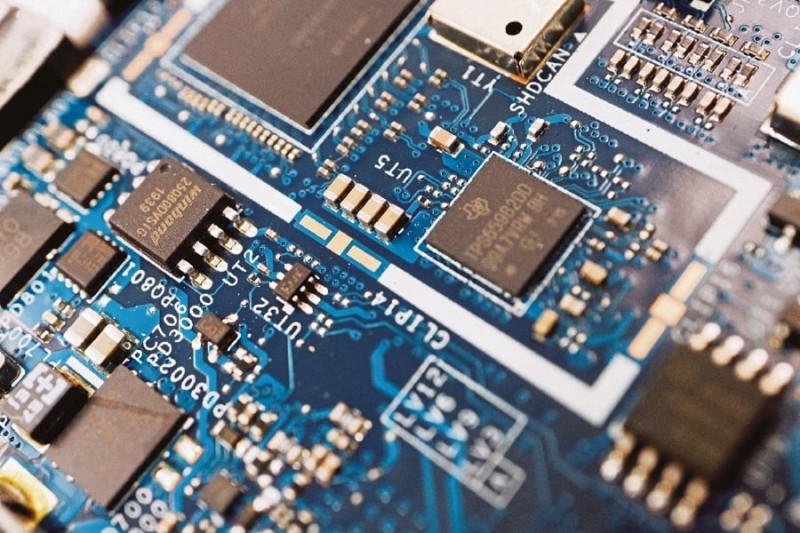
KUALA LUMPUR: A series of investments in Malaysia that focused on the semiconductor industry signals the country's shift to attracting investors in high-end manufacturing.
Malaysian Investment Development Authority chairman Tan Sri Sulaiman Mahbob told the NSTP group that Malaysia had shifted from a nation that does assembly to one that manufactures high-end products which require more high-skilled workers.
"If you view it from a structural perspective, we have elevated to a more high-end industry. This can be seen in the technology industry, among which includes the semiconductor sector which has seen an increase in demand for high-skilled workers.
"We are not merely in the assembly line anymore. All the investments that were announced showed that we have shifted to producing high-end products," he said.
Commenting on the need for talent in these uplifted industries, Sulaiman said Malaysia's existing talent pool was able to adapt to the shift and already acquired basic skills.
"We need to train and upskill these talents by providing courses that are needed by the industries. Our talents are able to adapt to these changes and they already have the basic skills.
"With these skills, the companies that invest here will take these talents to the respective countries or the headquarters here for training," he said.
Among notable semiconductor investments that Malaysia has secured are from German-based global semiconductor company, Infineon Technologies AG, which will invest up to 5.0 billion euros over the next five years to build the world's largest 200mm silicon carbide (SiC) power fabrication (power fab) plant in Malaysia.
The company said the investment on its Kulim facility in Kedah will lead to an annual SiC revenue potential of about 7.0 billion euros by the end of the decade.
Meanwhile, Sulaiman said Malaysia still has its competitive edge to attract investors as reflected in the amount of approved investments recorded as of last year.
"The amount of approved investments from 2021 until 2023 was high with a fast implementation of projects which was up to 70 per cent. This shows that the country is still competitive and can attract investments," he added.
Previously, MIDA stated that Malaysia achieved a historic investment performance in 2023, with RM329.5 billion of approved investments across various economic sectors.
Within the manufacturing sector alone, which accounted for RM152 billion of the total approved investments, 62.9 per cent or RM95.5 billion originated from existing businesses expanding and diversifying their operations.
Sulaiman, who is also the Malaysian Institute of Economic Research board of trustees chairman, said Malaysia is poised to achieve the estimated growth of between 4.0-5.0 per cent for this year.
"It is still early (to tell) but I am confident that we can hit the 4.0-5.0 per cent target for gross domestic product. Between 4.2 and 4.3 per cent is definitely achievable," he said.
On the ringgit, Sulaiman added that the government needs to take measures that support local-made brands to offset the declining value of the local currency against the US dollar.
Among key steps that the government can consider is sending scholars to local universities instead of abroad to avoid currency exchange.
He said specific courses that do not have the expertise in Malaysia or post-graduate studies can be done abroad but undergraduate students can benefit more by studying locally.
"Some of the courses we have here apply syllabus from international universities so the students can reap the benefit by studying locally as well," he added.
Source: https://www.nst.com.my/business/economy/2024/05/1050136/spate-investments-semiconductor-signals-malaysias-shift-high-end

